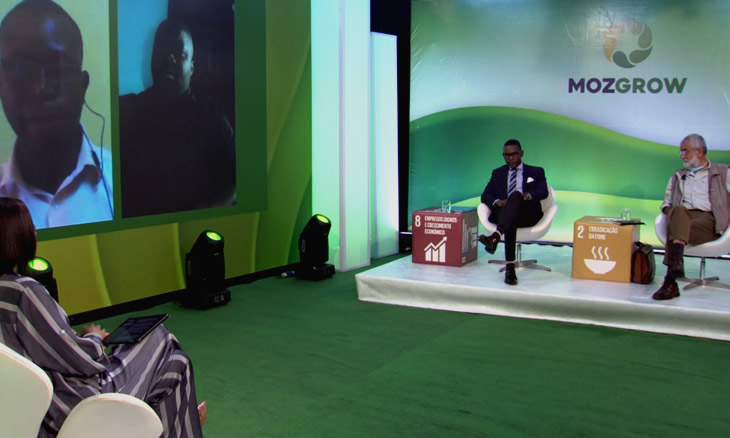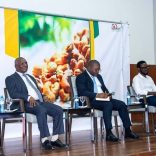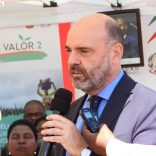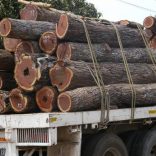AICS to disburse $3.8 million for agricultural project covering Mozambique and Zimbabwe
Mozambique: Meat industry advocates more incentives for increase competitiveness

Photo: O País
In a panel of four and under the theme “Transform to compete”, the promotion of national meat consumption was the key to the debate of the second edition of MOZGROW, which started this Monday.
Speakers supported more financial and fiscal incentives to increase production and make the meat industry more competitive, while asserting that the cattle and chicken produced in Mozambique were of high quality.
Executive secretary of the Poultry Industry Association, Zeiss Lacerda, says Mozambique is in a position to be self-sufficient in chicken production, despite the government having agreed an annual import quota of 3,000 tons.
“We have a commitment that we made to the President of the Republic in 2016, that by 2019 we would not import [chicken]. Last year, we imported anyway, but it was at the end of December. This year, negotiations with the Ministry of Industry and Commerce have not yet decided on any quota, and apparently there will not be one. The way forward is this: stop the imports and start exporting,” Lacerda said.
But the price/quality factor is still a major challenge for the poultry industry in Mozambique, the executive secretary of the Poultry Industry Association said.
“Our chicken is good quality, but is expensive due to the scale and cost of raw materials like corn and soy. Also, we have these so-called ‘parachute traders’ who create false scarcity and inflate prices.”
Moving from poultry to livestock, cattle breeder Victor Filipe pointed to informal production and poor financing as the main problems facing the domestic industry.
“Mozambique is practically the only country where beef is cheaper than chicken. There is still no culture of eating meat, because the meat does not have the quality that Mozambican chicken has. We have to have incentives for production,” Filipe said.
Participating virtually, Hélder Mabote, an instructor at the Agrarian Institute of Marere in Manica, advocated the diversification of crops, while Mandela Cossa, from the Agricultural Trading Company (ECA), cited competitiveness, socioeconomic and environmental issues as the three main challenges facing agribusiness in Mozambique.
All speakers considered it necessary to involve the entire production chain in efforts to make the meat industry more competitive in Mozambique.
By Edson Arante












Leave a Reply
Be the First to Comment!
You must be logged in to post a comment.
You must be logged in to post a comment.